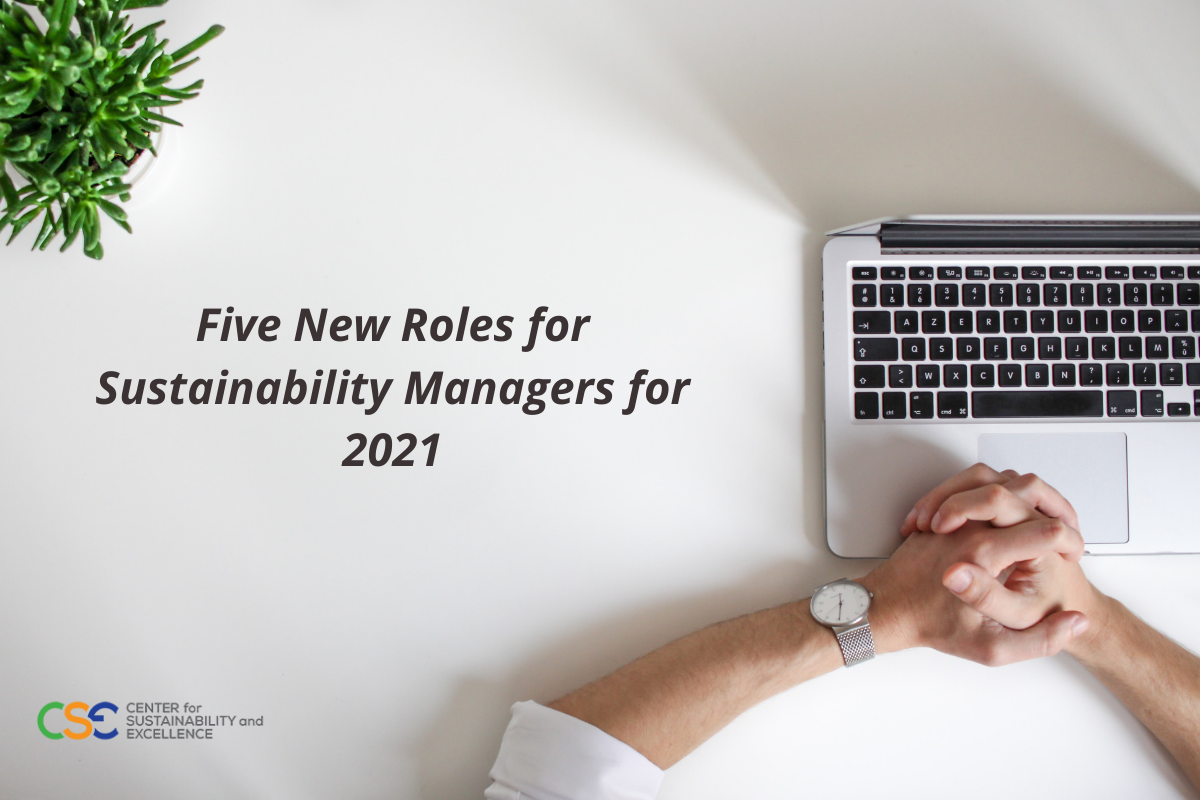By Nikos Avlonas, Founder & President of CSE
If you’re sustainability academic, you know Donella Meadows. If you’re a sustainability worker bee, you benefit from her work. Meadows was the lead author to Limits to Growth (1972), the first book showing the consequences of unchecked growth on a finite planet. Meadows also gave us a primer to our most valuable tool: systems thinking!
Sustainability practitioners are, by necessity, systems thinkers. Sustainability touches on everything. For years, we have demonstrated why we must be included in discussions which transcend environmental concerns. “Systems thinking” has given investors the ESG (environment, social, governance) framework. With systems thinking, we can meet the needs of the present without compromising future generations.
Finally, our executive leadership and our colleagues understand. Even if your academic training is in a different field, be prepared for one, a combination or all of the following new roles within your organization:
Morale Officer – environmental and social concerns are often depressing. Motivating the workforce, however, must be inspirational. You might present a risk analysis to your board of directors, but to the employees in your organization, you’re an inspiring voice coupled with tangible methodologies to achieve positive goals.
Social Manager – having good news is different from actually communicating good news. To build a sustainability culture, messaging from leadership must be iterated via social media platforms, websites, webinars, blogs and any other means you have. You must repeat, again and again, the purpose imbued in your organization whether it’s building food systems or an equitable financial system.
Investment & ESG Professional – you’re degree might be in chemistry, but you also need to be well versed in the sustainable finance. Organizations are relying on their sustainability professionals to provide insight and recommendations to retirement plans, 401Ks, corporate acquisitions and charitable social return on investment.
Customer Interface – with multinationals demanding reporting from suppliers, you’ve probably experienced an increase in reporting: CDP, environmental scorecards, diversity spend, packaging, carbon foot printing. As our names appear more and more often on reports, directors are asking sustainability managers to speak directly to customers. We’re putting together slides and getting our 10 minutes of fame in front of major clients.
COVID-19 Clearinghouse – increasingly, employees and colleagues are coming to sustainability managers for COVID-19 answers. Maybe we’re more approachable than HR, HSE or QA; maybe we’re more visible because we’ve been sharing all that good news and folks want reassurance. Fortunately, because we are involved with so many aspects of a business, we know where to find answers. We even have good suggestions of our own.
If these roles seem daunting, know that you have a cadre of sustainability professionals at hand. Whether it’s training from CSE or joining the network of 1,600 certified sustainability practitioners, you are not alone in any of these roles.







